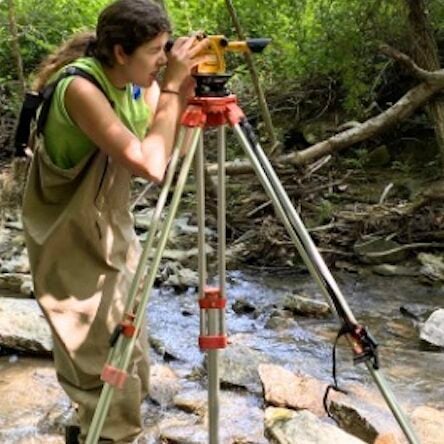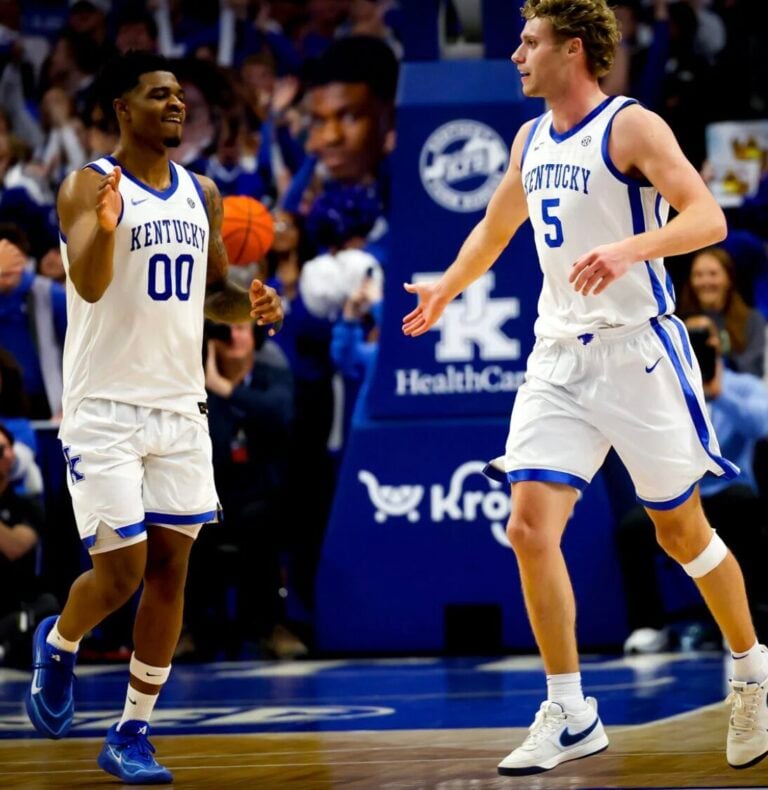Dr. Meera Gupta
University of Kentucky
Nearly 100,000 Americans are waiting for a life-saving organ. More than 2,000 of those waiting are children.
Children aren’t just little adults; they have unique and complex medical needs. A number of congenital conditions, such as cardiomyopathy, cystic fibrosis, and kidney and liver conditions put many children on the waiting list before they even take their first steps. A third of children waiting for an organ are under the age of five.

Organ size is critical to a successful transplant as children often respond better to child-sized organs, specifically in heart, lung and liver transplants. As with the national transplant waiting list, the size of the recipient’s body is considered along with the size of the donor organ in order to make the best possible match of donor to recipient. Very small children most often receive donations from other young people — although older children and adults can also be a good match.
While understandably parents don’t want to think about the unimaginable happening to their child, it’s important to keep in mind that organ donors save lives. In most cases, children can only receive organs from other children. Living donor donations are possible for children who are waiting for a kidney or liver.
Teenagers 15–17 years old may register their intent to be an organ, eye and tissue donor when they get their driver’s license. However, until they are 18 years old, a parent or legal guardian makes the final donation decision. A parent or legal guardian must authorize an organ, eye, or tissue donation for anyone under the age of 18.
In 2023, more than 1,900 children received lifesaving transplants, matched from nearly 900 pediatric organ donors. National Pediatric Transplant Week takes place the last full week of National Donate Life Month in April. One organ donor can heal or save up to seven people through organ, tissue and cornea donation. Visit donatelife.net to read stories from real patients, get more information about how to give someone a second chance at life and to register as an organ donor.
Dr. Meera Gupta, M.D., is Surgical Director of the Pediatric Kidney Program at the University of Kentucky Healthcare Transplant Center.

















